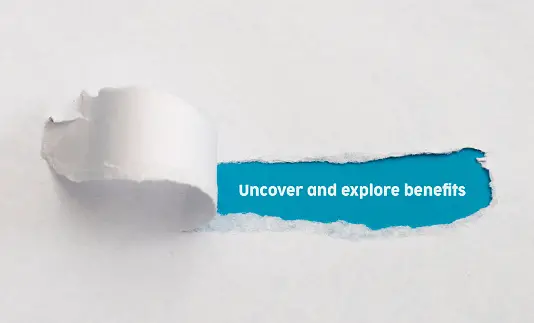Ways to find grants for your nonprofit and enhance your impact.
Finding grants for nonprofits can be a daunting task, but with the right approach and resources, it can become a much easier process. Finding grants for nonprofits takes time, effort, and a well-thought-out strategy, but with the right approach, it can be a rewarding process that helps secure the funding your organization needs to make a difference.
Here are some practical tips and examples to help you find grants for your nonprofit:
- Research relevant foundations and corporations: Start by researching foundations and corporations that support the same cause as your nonprofit. Look for those that have a history of giving grants and those that are likely to have an interest in your specific cause. Check their websites, annual reports, and grant application guidelines to get a better understanding of their grant-making criteria and processes.
- Use grant-finding databases: There are numerous grant-finding databases available online, such as Grants.gov, Foundation Directory Online, and Candid.org, that can help you identify potential grantmakers based on specific criteria, such as geographical location, cause area, and funding amount.
- Network with other nonprofits: Reach out to other nonprofits working in your field and see if they have any grant opportunities that they can share with you. Joining a professional association or attending conferences can be a great way to network and find potential grantmakers.
- Get personal: Reach out to foundation or corporate representatives by phone, email, or in person to introduce your nonprofit and ask about any potential grant opportunities. This personal touch can go a long way in building relationships and securing funding for your organization.
- Make your case: When applying for grants, make sure to articulate your mission, goals, and the impact your nonprofit is making. Provide specific examples and statistics to demonstrate the need for your work and the results you have achieved. Show how the grant will help your organization achieve its goals and make a positive impact.
Here is an example of a nonprofit using these tips to secure a grant:
The ABC Nonprofit focuses on providing education and support to families affected by autism. They conducted research and found that the XYZ Foundation had a history of supporting organizations working in the field of autism. They reached out to the foundation and were able to schedule a meeting with a representative. During the meeting, they highlighted the need for their services, provided statistics on the number of families they have helped, and explained how the grant will help them reach even more families. As a result, the ABC Nonprofit was awarded a grant from the XYZ Foundation to continue their work.
Practical examples of nonprofits using the tips outlined above to secure grants:
- The Green Initiative: A nonprofit working to promote sustainability and protect the environment. They used grant-finding databases to research foundations that support environmental causes and identified the Global Conservation Fund as a potential grantmaker. They reached out to the fund and provided detailed information about their projects and goals, including specific examples of their impact. As a result, they were awarded a grant to continue their work.
- The Homeless Outreach Center: A nonprofit working to address homelessness and provide support to those in need. They networked with other organizations in their field and attended conferences to meet potential grantmakers. They also reached out to corporations in their area and asked for their support. One of the corporations they approached, ABC Inc., was impressed with their work and offered them a grant to help further their efforts.
- The Youth Empowerment Program: A nonprofit working to provide job training and career development services to young adults. They researched foundations and corporations that support workforce development and found the Johnson Foundation to be a potential grantmaker. They made their case by presenting specific statistics on the number of young adults they have helped and the impact of their programs. They were awarded a grant to expand their services and help even more young adults achieve their career goals.
These examples demonstrate the importance of research, networking, and making a strong case when applying for grants. By using these tips and tailoring your approach to the specific needs and goals of your organization, you can increase your chances of securing funding to continue your work






Your point of view caught my eye and was very interesting. Thanks. I have a question for you. https://accounts.binance.info/register-person?ref=IHJUI7TF
I don’t think the title of your article matches the content lol. Just kidding, mainly because I had some doubts after reading the article.